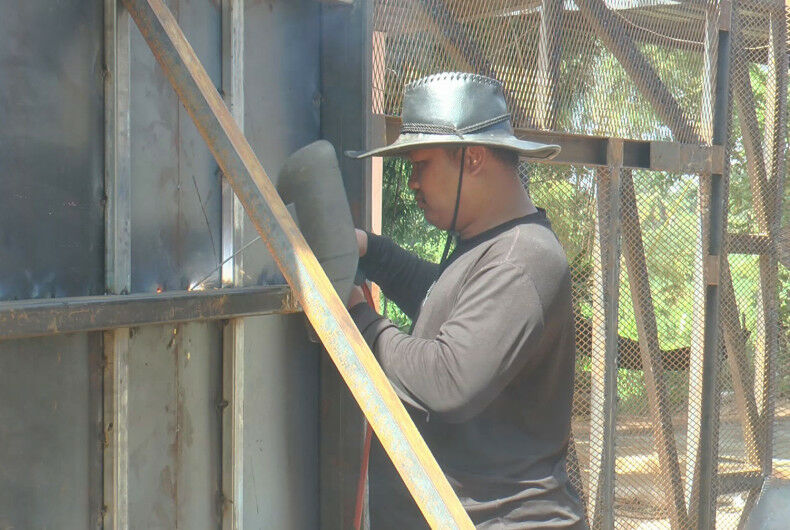Thai workers left in the lurch: Government’s broken promise leaves evacuees stranded

Thai workers who have evacuated from Israel are facing a nightmare as the government’s pledged financial aid remains elusive.
Despite assurances of a 50,000-baht compensation almost a month ago, some Thai workers are still waiting, struggling, and urging authorities to expedite relief.
The Thai government’s vow of 50,000 baht in compensation, coupled with low-interest loans and additional funds for Thai workers, seemed like a lifeline for those caught in the conflict between Israel and Hamas. However, the reality on the ground tells a different story.
A former construction worker turned farmer in Israel, 39 year old Kangwan Romsai, sold his cattle and invested in a dream that has now turned into a financial nightmare. Despite facing the horrors of the conflict, Kangwan returned home on October 19, only to find himself unemployed and without the promised aid.
Kangwan’s story is not unique. Another Thai worker who worked in an Israeli vineyard for almost four years, the dreams of a stable life were shattered when 38 year old Narasak Dankratok’s workplace in Nakhon Ratchasima was bombed. Now, both men are grappling with uncertainty and financial strain.
Despite assurances, the reality for these Thai workers is grim. Kangwan and Narasak, along with many others, have received only a fraction of the promised compensation. Kangwan, now unemployed, expressed his desire to work abroad again but faces a daunting job market, reported Bangkok Post.
With desperation in their voices, Kangwan and Narasak implore the government to uphold its promise. For them, the 50,000-baht compensation is not just money, it’s a lifeline for restarting their lives. As they wait, jobless and anxious, the question remains: Will the government act before it’s too late for these struggling evacuees?
In related news, the Thai government’s proposed 10,000-baht digital wallet handout sparked debate, with concerns regarding its potential impact on public debt. Deputy Finance Minister Julapun Amornvivat stated that this economic stimulus is necessary as economic growth has averaged only 2% annually over the past decade, insufficient to support the country’s ageing population in the future. Read more about this story HERE.
Latest Thailand News
Follow The Thaiger on Google News:


























